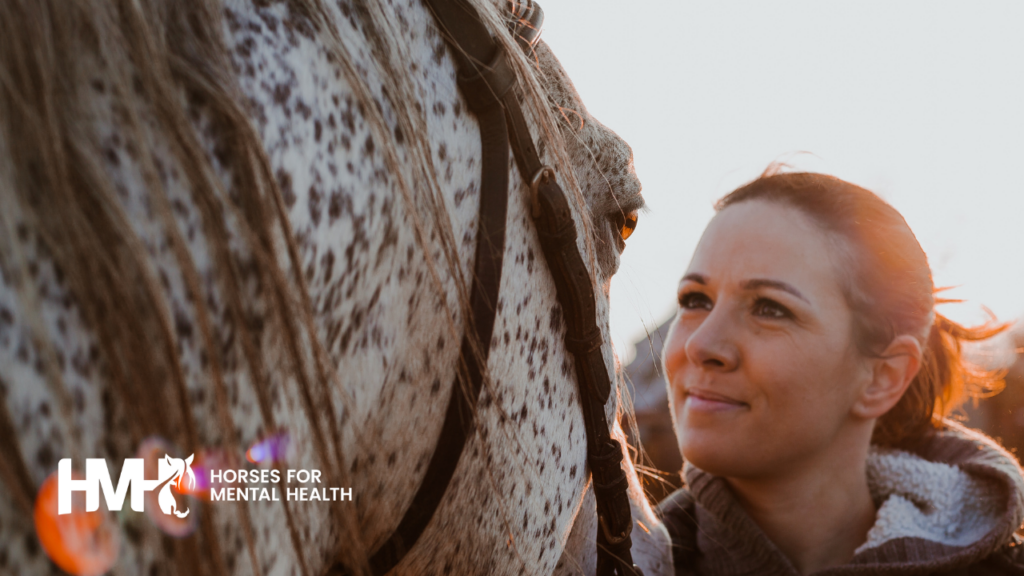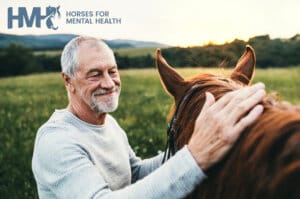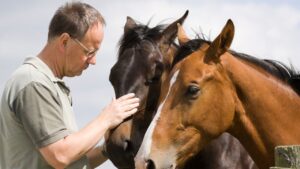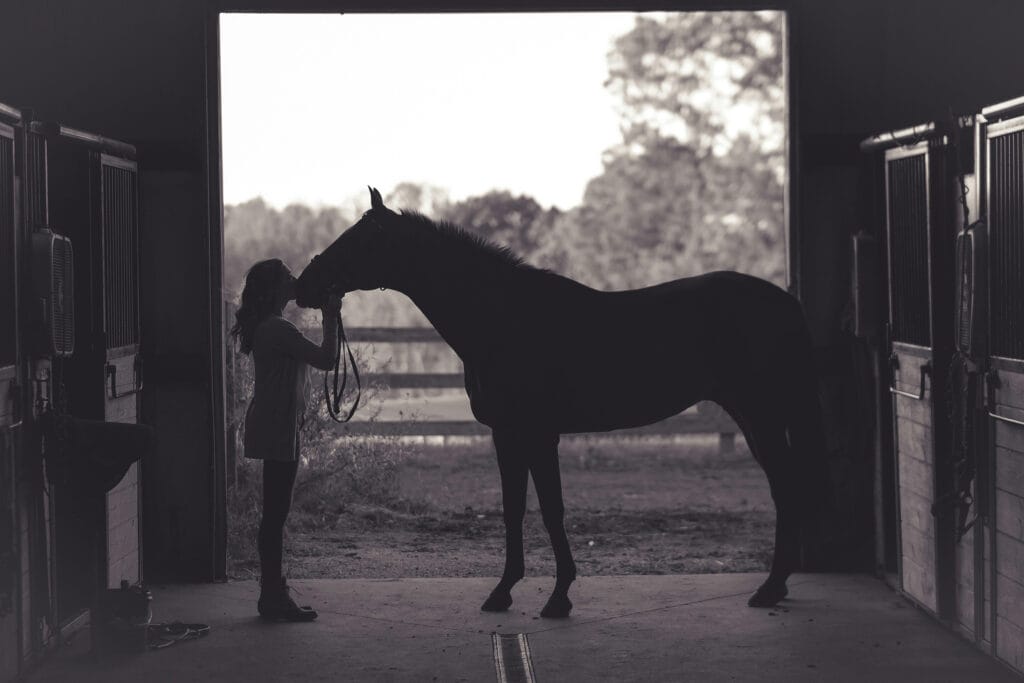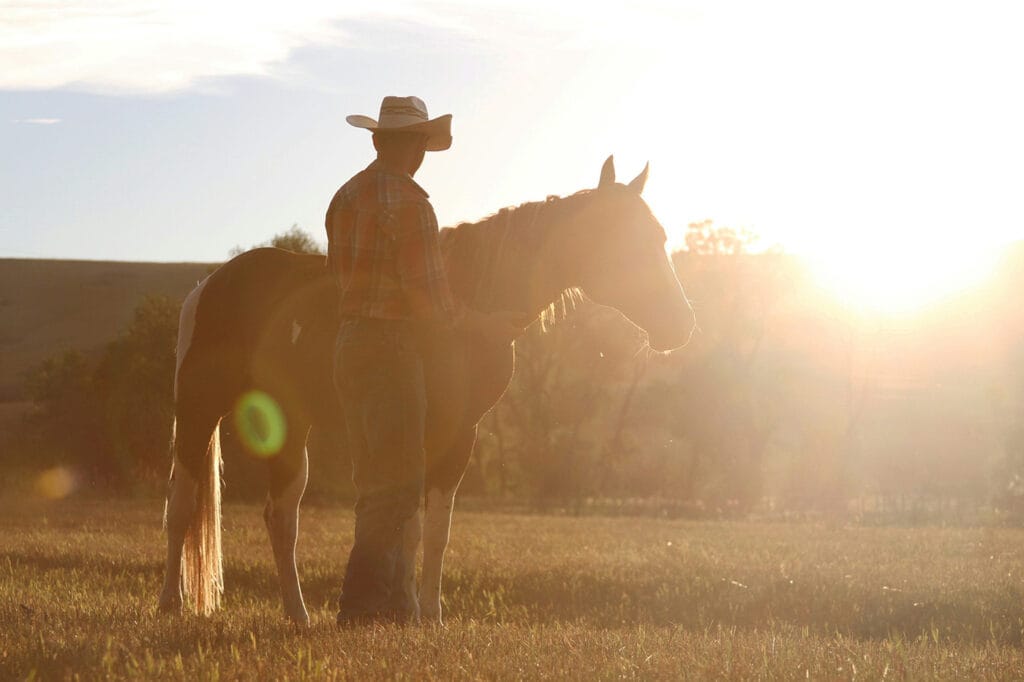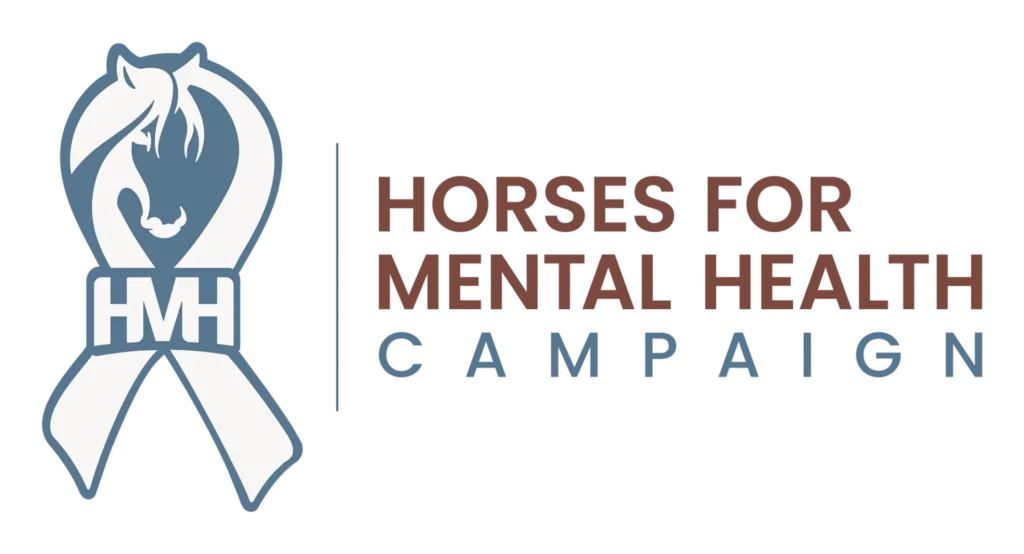Women’s Equality Day is a time to reflect on the progress made towards gender equality, and to acknowledge the work that still needs to be done.
While significant strides have been achieved, one area that continues to demand attention is women’s mental health.
It’s a stark reality: women are disproportionately affected by mental health conditions.
- The most common mental health problem in women is depression. Twice as many women experience depression in their lifetime than men.
- Women are twice as likely as men to experience generalized anxiety disorder or panic disorder.
- Approximately 85%-95% of people with anorexia nervosa or bulimia and 65% of people with binge eating disorder are women.*
*American Psychiatric Association
What factors contribute to the higher prevalence of mental health issues among women?
Research shows that society’s expectations and norms influence how we express our gender, rather than inherent differences between men and women. Societal norms influence how we expect men and women to behave, and we reinforce these expectations through our everyday interactions.
Women are often expected to meet societal standards of beauty, kindness, and intelligence. Traditional gender roles often place higher expectations on women to be nurturing, perfect, and emotionally expressive. These expectations can be overwhelming and contribute to mental health challenges.
Additionally, women often juggle multiple roles like work, family, and caregiving. The pressure to excel in both professional and personal spheres can lead to increased stress and burnout. Women also may lack adequate support from partners, family members, or employers, exacerbating the challenges of balancing multiple roles.
Gender discrimination can also play a role. Women may face discrimination at work, in relationships, and in other areas of life. Women may face discrimination in hiring, promotions, and compensation, leading to lower job satisfaction and increased stress. Discrimination can lead to feelings of isolation, loneliness, and a lack of belonging which can negatively affect their mental health.
What can be done to improve the inequality women face with mental health?
We can all play a role to improve gender inequality of women’s mental health:
👩 Challenge harmful stereotypes: Promote positive and diverse portrayals of women.
⚖️ Advocate for equal opportunities: Support policies that promote gender equality in education, employment, and healthcare.
🌐 Create supportive communities: Foster inclusive and open conversations to address domestic violence, discrimination, and other forms of gender-based issues.
Taking women’s unique mental health challenges seriously can dramatically improve the quality of life for millions. Destigmatizing these issues starts with us. By prioritizing women’s well-being, supporting loved ones, and advocating for women’s mental health, we can shape future research, treatment options, and societal attitudes.
Fortunately, effective support is available. Psychotherapy and personal development sessions incorporating horses have shown great promise in addressing women’s mental health needs.
The following published research studies explore women’s experiences in psychotherapy sessions incorporating horses:
Alfonso, S. V., et al. (2015). “Project Stride: An Equine-Assisted Intervention to Reduce Symptoms of Social Anxiety in Young Women.” Explore (NY) 11(6): 461-467. This study found that young women, ages 18-29, participating in a 6-week program combining cognitive-behavioral strategies and experiences incorporating horses had significantly greater reductions in social anxiety scores compared to control participants.
Meinersmann, K. M., et al. (2008). “Equine-facilitated psychotherapy with adult female survivors of abuse.” J Psychosoc Nurs Ment Health Serv 46(12): 36-42. This qualitative study examined the stories of five women who experienced abuse and found four patterns in the participants’ stories connected with their psychotherapy sessions incorporating horses: “I can have power,” “Doing it hands on,” the power of “Horses as co-therapists,” and “Turning my life around.”
Schroeder, K., et al. (2018). “Therapeutic Factors in Equine-Facilitated Group Psychotherapy for Women Survivors of Interpersonal Violence.” The Journal for specialists in group work 43(4): 326-348. This qualitative study analyzed the experiences of women trauma survivors in a group psychotherapy process incorporating horses. Their findings indicated that installation of hope, self-understanding, learning from interpersonal action, guidance, and acceptance frequently appeared in group members’ narratives about their most important session events. These manifested in unique ways thanks to the horses.
Meet Ciara Ginyard, Development Director of Detroit Horse Power

We’re thrilled to highlight the incredible work of Ciara Ginyard. She is the Development Director at Detroit Horse Power, a Horses for Mental Health Charity Partner and a US Equestrian Community Outreach Organization. Ciara Ginyard has more than two decades of experience as a fundraiser in the nonprofit sector. She has created sustainable funding streams to elevate disenfranchised communities of color and particularly youth. Her passion for making a difference has earned her recognition as one of the Top 40 under 40 National Fundraisers in 2019.
Get to know her story and the good work she does with Detroit Horse Power.
- What is your role in your organization and what path led you to this position?
My current role is Development Director at Detroit Horse Power. Detroit Horse Power (DHP) is a non-profit that utilizes the power of horses to leverage impactful social-emotional learning techniques for critical youth development skills in Detroit youth. My path to this role comes from over two decades of fundraising development work. I initially started as a grant writer in Washington, DC and have now incorporated many different facets of development work which includes philanthropy as a grant maker, growing operation fundraising for nonprofits seeking to build budget capacity and higher education institutions. DHP is special as it combines my focus of supporting urban youth programming with an innovative approach (using horses) and fundraising for a mission-driven organization. - What challenges have you faced as a woman in leadership, and how have you overcome them?
An element that still needs attention is utilizing female leaders outside of just having a presence but also having a voice with power- internally within organizations and accepted externally. What this especially means is that having women leaders can not be limited to just having a title but also an equal voice with critical decisions being made and having power to make a difference/impact behind the voice so that change can happen. A trifecta for women in leadership means having a seat at the table, (safe) space to voice opportunities and the (decision) power to make the change happen. For me to really own being a “woman in leadership”, I had to establish boundaries of what this personally looks like and provide clarity for how I work as a leader. - What unique challenges do women of color or women from marginalized backgrounds face in becoming leaders in the equine and mental health sector?
Oh, this is a great question. There are so many women of color in the equine industry that I’m still surprised that when I attend an equine event that I’m often the only woman of color present, so I can understand that others may think that there is a limited presence of diversity in this industry. What I’ve come to observe is that equine culture and mental health needs are a different experience particularly for urban Black and Brown communities. For a more inclusive equine experience, being receptive to the variant cultural experiences of being an equestrian, that fun shows up in different ways, and drawing out uncommon tactics that can be utilized for evolving mental health needs is a real challenge to address to establish a more universal equine sector. - What are some of your proudest career achievements?
My proudest career achievement is supporting nonprofits to have the funding needed to really provide quality programming for youth. Success for me includes gathering a community of supporters who want to contribute in a meaningful way and give back. When supporters understand that youth development is not a destination but a journey to become contributing young adults, that’s what I feel proud of- when I have contributed to creating a sustainable pathway to impactful life-changing solutions. - What advice would you give to young women who are aspiring to leadership roles?
My advice to young women would be that leadership doesn’t have a start or end age. Leadership happens when you show up for yourself to make a difference for others. Be curious, know your voice, and have fun! When you are having fun, then you are showing up authentically. - How does Detroit Horse Power empower and uplift women?
DHP recognizes our community is strong because it recognizes its diversity and celebrates it. From our students, volunteers, board members, staff, and donors, DHP forges a space where particularly women help drive the essence of the organization.
Her story is a testament to the positive impact that can be achieved when organizations come together to support women’s well-being, development, and growth.
Story of Transformation
Horses offer women unique opportunities to experience healing and empowerment in their personal growth journeys, significantly enhancing their overall mental health.
We invite you to watch one such experience, illustrating the empowering story of Noelle, a victim of domestic violence, and her journey towards emotional healing through a mental health program incorporating horses.
Initially fearful and withdrawn, Noelle builds relationships with horses in a way that helps her feel safe and process her emotions. Through this incredible experience facilitated by trained mental health professionals, Noelle discovers her empowered voice, learning to apply setting healthy boundaries.
Let’s recommit ourselves to creating a world where all women have the opportunity to thrive. By prioritizing women’s mental health, we can build a stronger, more equitable future for everyone.


